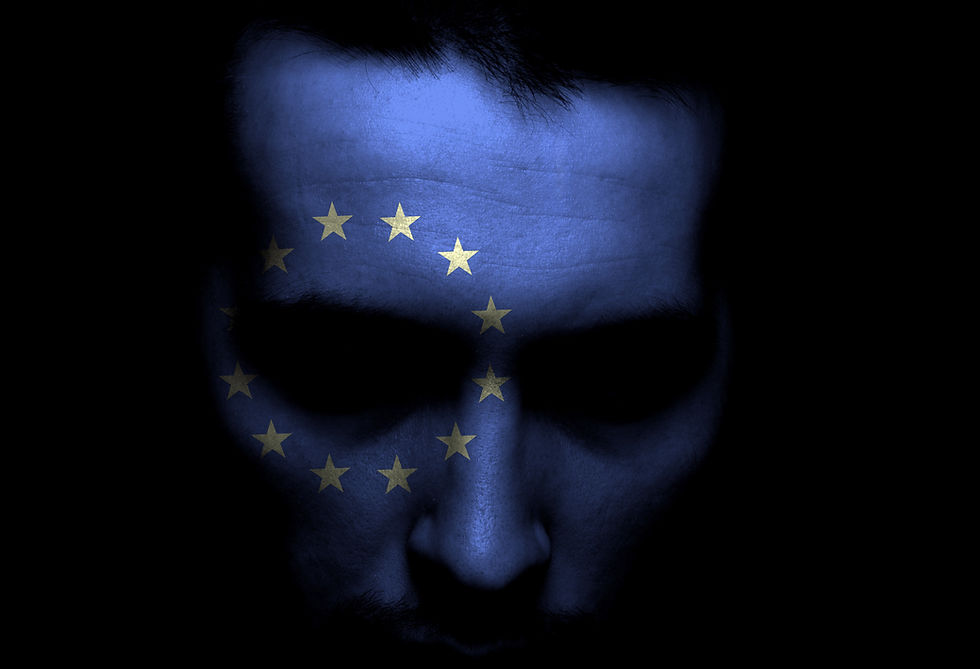How will the creative industries fare in the new European Parliament?
- Dominic McGonigal - C8 Associates
- Jun 7, 2019
- 3 min read
Updated: Sep 28, 2020
The EU elections attracted the biggest turnout for quarter of a century, bucking the trend of declining interest in the EU among European voters.
It was spurred by Brexiteers and their national equivalents, matched by internationalists who wanted to show their pro-European credentials.
But there was no clear manifesto on either side and the result is a curate’s egg.

The two largest parties are the European People’s Party (EPP) and the Progressive Alliance of Socialists & Democrats (S&D), reflecting the power base in most EU Member States, centre right and centre left. They used to dominate the Parliament in what was known as the Grand Coalition. When they agreed on a piece of legislation, they had the combined votes to see it through. For the creative sector, that meant support for any proposal that both respected intellectual property rights and enhanced the rights of authors. Although in the last Parliament, even this was not enough as the S&D in particular was split as many of their MEPs bought into the ‘free internet’ ideology.
Now the EPP and S&D no longer have a majority between them. In practice, any legislation needed the support of other parties. Now, it definitely does.
Here are the provisional results by party.
It is also interesting to see how the parties divide along pro- and anti-EU lines. Much has been made of Nigel Farage taking 30 seats for the new Brexit Party (from 28 UKIP seats previously), but the nationalists did not gain as much as expected. You can see here that pro-EU parties have 72% of the chamber.
We have already seen the impact of the smaller parties. Last year, a party with just one member, the Pirate Party, managed to build up a blocking vote on the Copyright Directive, admittedly aided by the online muscle of one of the tech giants.
So, the other parties assume greater significance now, especially if they choose to focus on a particular topic.
Leading the charge of small parties with a loud voice is the Pirate Party. Ten years ago, the Pirate Party had two seats. In the last Parliament, they had just one. Now they have four seats – one German pirate and three Czechs.
The German pirate, Patrick Beyer, has already aligned with the Greens. The three Czech pirates may well follow although they have moved on from the single issue of internet freedom to embrace transparency in government and other similar policies.
In the last Parliament, a single pirate MEP, Julia Reda, persuaded all but two of the Green party, as well as many others, to support her in opposing increased remuneration for the creative sector in the Copyright Directive. With four pirate party MEPs pushing an anti-copyright agenda, they could build a stronger anti-copyright grouping, especially as the two Greens who supported the creative industries have both retired. We have lost some other influential supporters, through retirement or shifts in voting allegiances.
We still have some powerful advocates in Germany, France, Spain, Holland and the UK (at least until Brexit). But they will have a tougher battle creating a majority against the vocal protest votes led by any MEP that objects to the European approach to culture and the creative economy.
C8 Associates is a consultancy dedicated to taking creative and digital businesses to the next level. C8 is working with clients on Brexit plans, managing risk, exploiting opportunities and validating Brexit plans.
For more detailed results from this expert opinion survey, please contact Dominic McGonigal directly at dominic.mcgonigal@c8associates.com
Dominic McGonigal is Chairman of C8 Associates, a consultancy dedicated to taking creative businesses to the next level. He also chairs two creative startups, CICI and JazzUK. Read more at www.c8associates.com






Comments